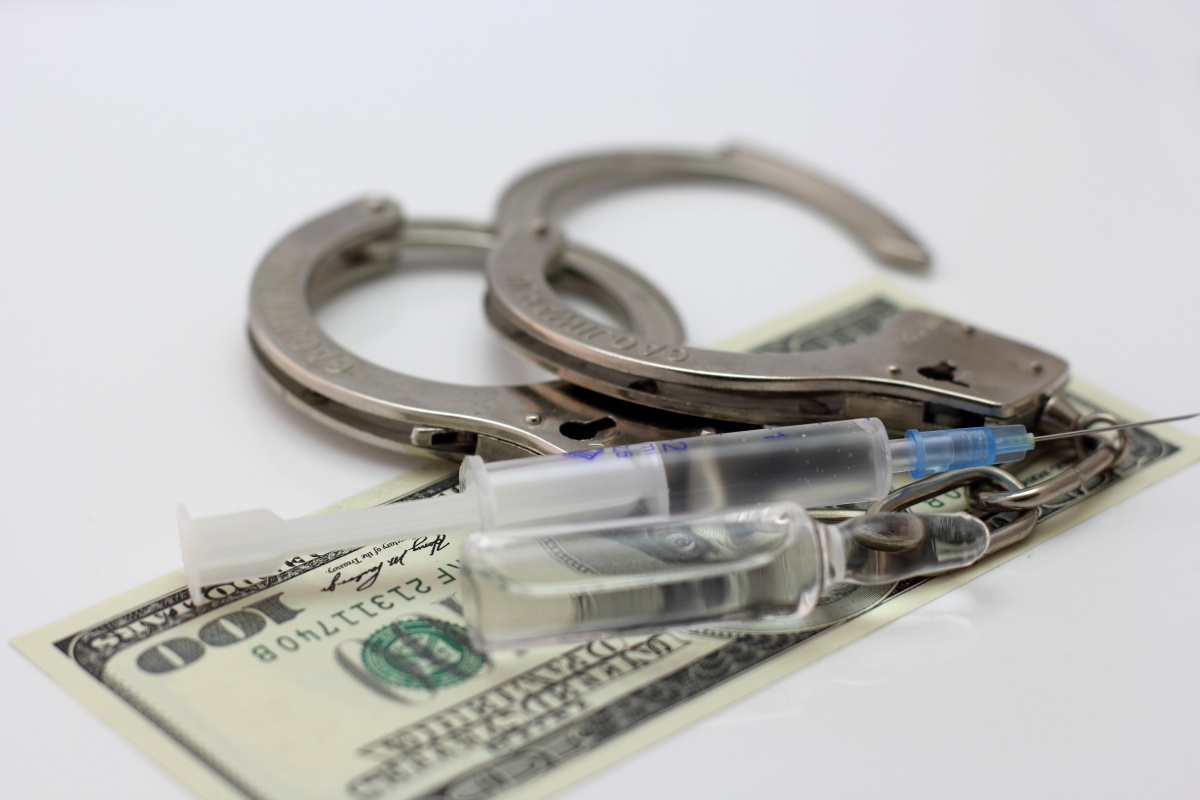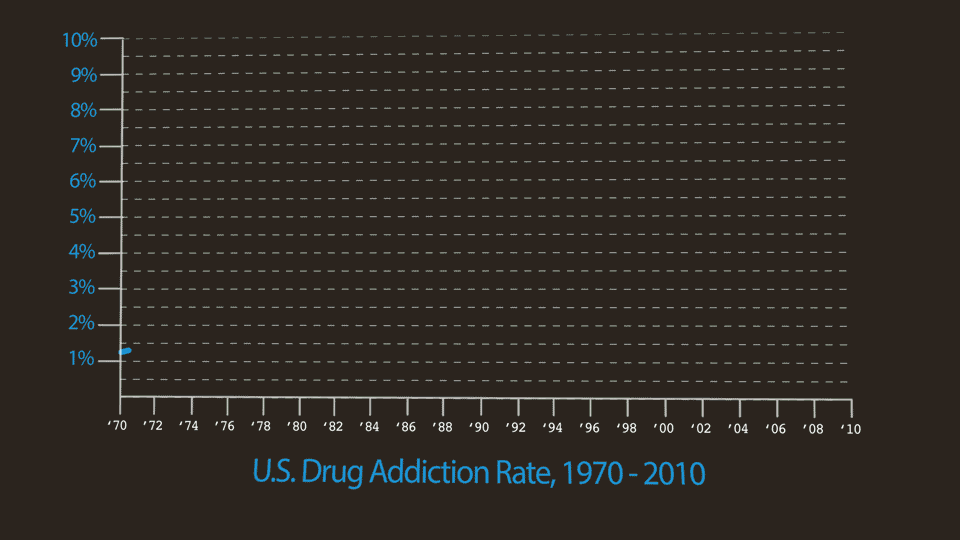
A Justice Department report on the Drug Enforcement Administration (DEA) released earlier this year resulted in suspensions of up to 10 days for agents who attended “sex parties paid for by Colombian drug cartels.” Ten days is actually a remarkably assertive charge: the DEA has participated extensively in drug trafficking in the past, with no punishment. That the agency responsible for combating the “drug problem” in the United States is proliferating it says something about its actual purpose.
Along with their history of drug trafficking, the DEA has been caught spying on American citizens without their knowledge, as well as covering up the trail to hide this activity. According to once-secret DEA documents reviewed by Reuters, Special Operations Division (SOD) officers were told to “omit the SOD’s involvement from investigative reports, affidavits, discussions with prosecutors and courtroom testimony.” Agents are instructed to then use “normal investigative techniques to recreate the information provided by SOD.”
So, the DEA clearly lied to courts on multiple occasions, breaking the law as it applies to government bureaucracy. But the last part of that statement has allowed for clear violations of the law as it applies to American citizens, supposedly the source of government power in the first place. That SOD agents “lie to the judges, prosecuting attorneys and defense attorneys involved in a trial of a defendant busted as a result of SOD surveillance” means that they have circumvented American’s rights to due process and privacy.
The notion that these were legitimate practices of government agencies might be defended — crudely — if the efforts of the DEA in the War on Drugs were successful. They were not. Addiction rates since the beginning of the War on Drugs have stayed approximately the same, while government spending on drug prevention measures has gone from almost zero in the 1970s to $20 billion in 2010, with a total expenditure of $1.5 trillion. Again, this did nothing to decrease the addiction rate in America.
One-and-a-half trillion dollars is an absurdly large sum. If it did not buy lower addiction rates, what did it buy? If the average American has not benefited from the War on Drugs, who has? It bought erosion of civic freedoms and paid into the for-profit prison industry, which profits from taxpayers’ money when prisoner quotas are met. It continues to reinforce racist and classist power structures. It has been used as an excuse to exert political influence in Latin America. And all of this has been, more or less openly, admitted from the start.
Former U.S. President Richard Nixon’s advisor on drug policy (Nixon began the War on Drugs), John Ehrlichman, said the following about the drug war in an interview with prominent journalist Dan Baum: “Look, we understood we couldn’t make it illegal to be young or poor or black in the United States, but we could criminalize their common pleasure. We understood that drugs were not the health problem we were making them out to be, but it was such a perfect issue … that we couldn’t resist it.”
The young, the poor and the blacks — these were the groups that the drug war targeted. And at this, unlike actually preventing drug use, it was successful. Though black Americans use drugs at similar rates as whites do, they are arrested for it nearly four times as often. As a result (of this and many other policies that target blacks), blacks are sent to federal prison at a rate 57 times that of whites, and that is only considering drug charges. And with minimum sentencing and three strikes laws that could put Americans in jail for life over petty crimes, the government seems to be saying to the poor, “you don’t get another chance.”
The propaganda model of creating an enormous scapegoat like drugs (illegal ones like marijuana and LSD are much less harmful than legal tobacco and alcohol) or terrorism (you are much, MUCH more likely to be killed by a cop than by a terrorist) to erode civil liberties relies on people not knowing or being able to know the truth about them. And so the War on Drugs is also a war on the education system. Outlandish lies by prominent figures like Carlton Turner, a drug czar under former U.S. President Ronald Reagan, claimed that, among other things, marijuana can make you gay and/or cause AIDs. This is from a Ph.D., a presumably credible figure.
The commonplace DARE (Drug Abuse Resistance Education) program, which exists in 75 percent of American school districts, openly lies about drugs, saying that LSD users can experience flashbacks for the rest of their lives, or that one dose of a substance can result in addiction. These claims are patently false.
It is unquestionable that the DEA and other U.S. government agencies have lied to the American people. It is also unquestionable that these lies have hurt American citizens and enriched a prison system that borders, in effect, on slavery. The unresolved question is to what length the American people will go to change these things.
Alec Woodard is a College sophomore from Burlington, Iowa.

